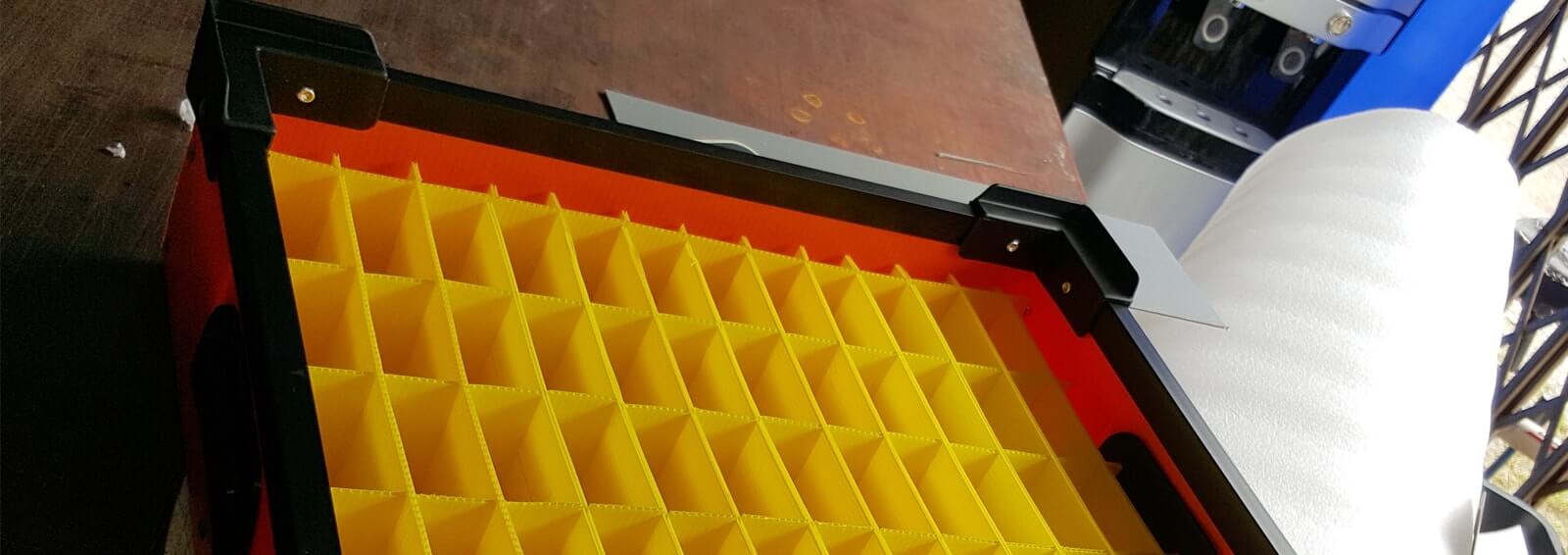The Evolution of Custom Plastic Packaging in Malaysia
The custom plastic packaging industry in Malaysia has undergone a remarkable transformation over the past few decades. From humble beginnings to becoming a key player in the global packaging market, Malaysian firms have adapted, innovated, and evolved to meet changing consumer demands, environmental concerns, and technological advancements. This evolution reflects not only the growth of the industry but also Malaysia's broader economic development and increasing focus on sustainability.
Early Days: Meeting Basic Needs
In the 1970s and 1980s, Malaysia's plastic packaging industry was in its infancy. The focus was primarily on producing basic packaging solutions to meet the growing needs of the country's developing economy. Simple plastic bags, containers, and wraps were the mainstay of the industry, with little emphasis on customization or advanced technologies.
The Rise of Customization
As Malaysia's economy grew and diversified in the 1990s, so did the demands of its industries. The packaging sector began to see a shift towards more customized solutions. Companies started investing in machinery and expertise to offer tailored packaging designs for various products, from food and beverages to electronics and cosmetics. This period marked the beginning of Malaysia's journey towards becoming a hub for custom plastic packaging.
Technological Advancements
The turn of the millennium brought significant technological advancements to Malaysia's packaging industry. Companies began adopting computer-aided design (CAD) systems, allowing for more precise and complex packaging designs. Injection moulding techniques improved, enabling the production of more intricate and durable packaging solutions. These technological leaps helped Malaysian firms compete on a global scale, offering high-quality, custom-designed packaging at competitive prices.
Focus on Sustainability
As global awareness of environmental issues grew in the 2000s and 2010s, Malaysia's packaging industry faced new challenges and opportunities. The evolution took a green turn, with companies investing in research and development of eco-friendly packaging solutions. This included:
- Biodegradable plastics: Developing packaging materials that break down more easily in the environment.
- Recycled content: Incorporating post-consumer recycled plastics into new packaging products.
- Light-weighting: Designing packaging that uses less material while maintaining functionality.
- Mono-material solutions: Creating easily recyclable packaging made from a single type of plastic.
Smart Packaging Integration
The latest phase in the evolution of custom plastic packaging in Malaysia involves the integration of smart technologies. Companies are now exploring ways to incorporate features like:
- QR codes for product information and traceability
- NFC tags for consumer engagement and authentication
- Time-temperature indicators for perishable goods
- Antimicrobial properties for enhanced product protection
These innovations are positioning Malaysian packaging firms at the cutting edge of the industry, catering to the needs of an increasingly digital and health-conscious consumer base.
Industry 4.0 and Automation
The advent of Industry 4.0 has brought about another significant evolution in Malaysia's custom plastic packaging sector. Companies are increasingly adopting automated production lines, robotics, and artificial intelligence to enhance efficiency and precision in packaging manufacturing. This technological leap is enabling Malaysian firms to produce high-quality custom packaging at scale, meeting the demands of both local and international markets.
Global Market Expansion
Throughout its evolution, Malaysia's custom plastic packaging industry has increasingly focused on the global market. From being primarily a domestic supplier, many Malaysian companies have grown to become significant players in the international packaging scene. This expansion has been supported by:
- Compliance with international standards and regulations
- Participation in global trade fairs and exhibitions
- Strategic partnerships with multinational corporations
- Government initiatives promoting exports and innovation
Challenges and Future Directions
While the evolution of Malaysia's custom plastic packaging industry has been impressive, it continues to face challenges. These include:
- Increasing pressure to reduce plastic waste and environmental impact
- Competition from other emerging markets in the region
- Fluctuating raw material costs
- Keeping pace with rapidly changing consumer preferences and technologies
Looking ahead, the industry is poised for further evolution. Key areas of focus are likely to include:
- Advanced materials science for more sustainable packaging solutions
- Enhanced integration of digital technologies in packaging design and production
- Greater customization capabilities to meet niche market demands
- Continued focus on circular economy principles in packaging design and production
Conclusion
The evolution of custom plastic packaging in Malaysia is a story of adaptation, innovation, and growth. From basic packaging solutions to high-tech, sustainable, and globally competitive products, the industry has come a long way. As it continues to evolve, Malaysia's custom plastic packaging sector is well-positioned to meet the challenges of the future, balancing innovation, sustainability, and market demands in an ever-changing global landscape.


